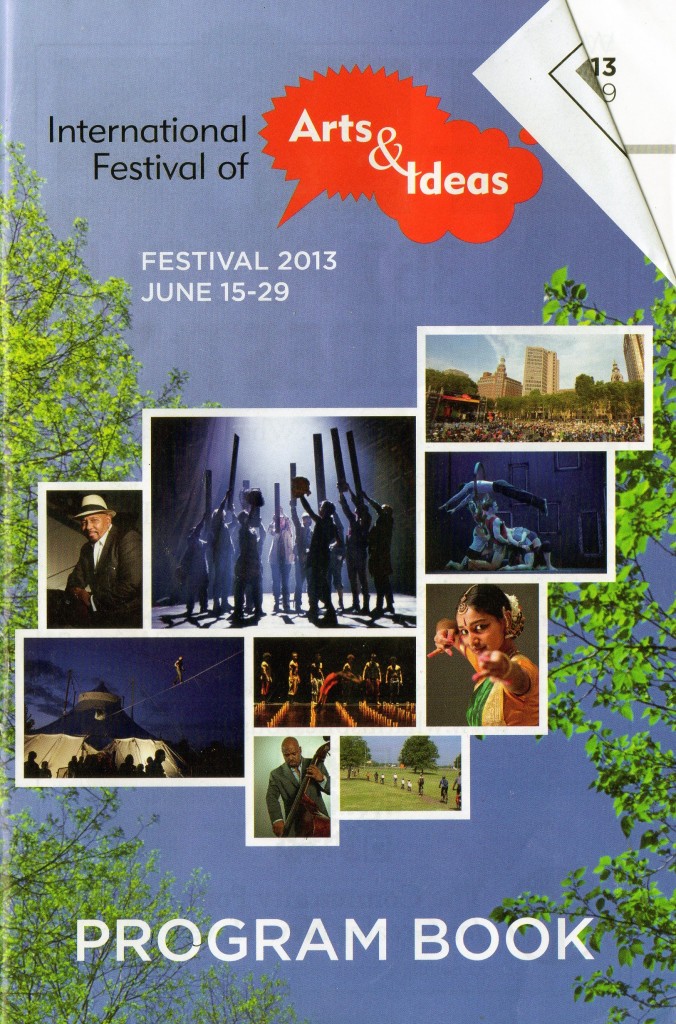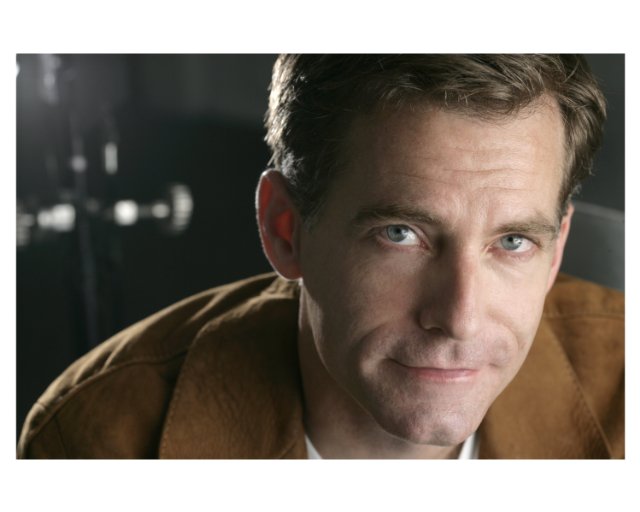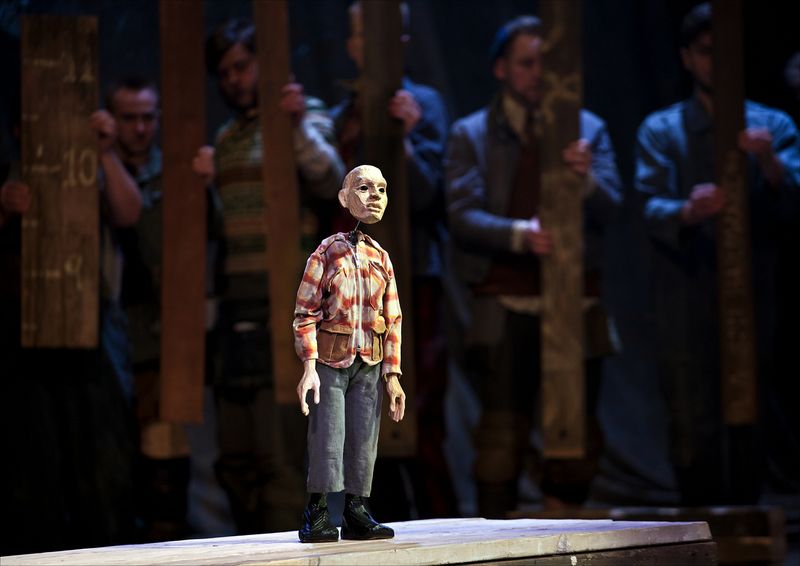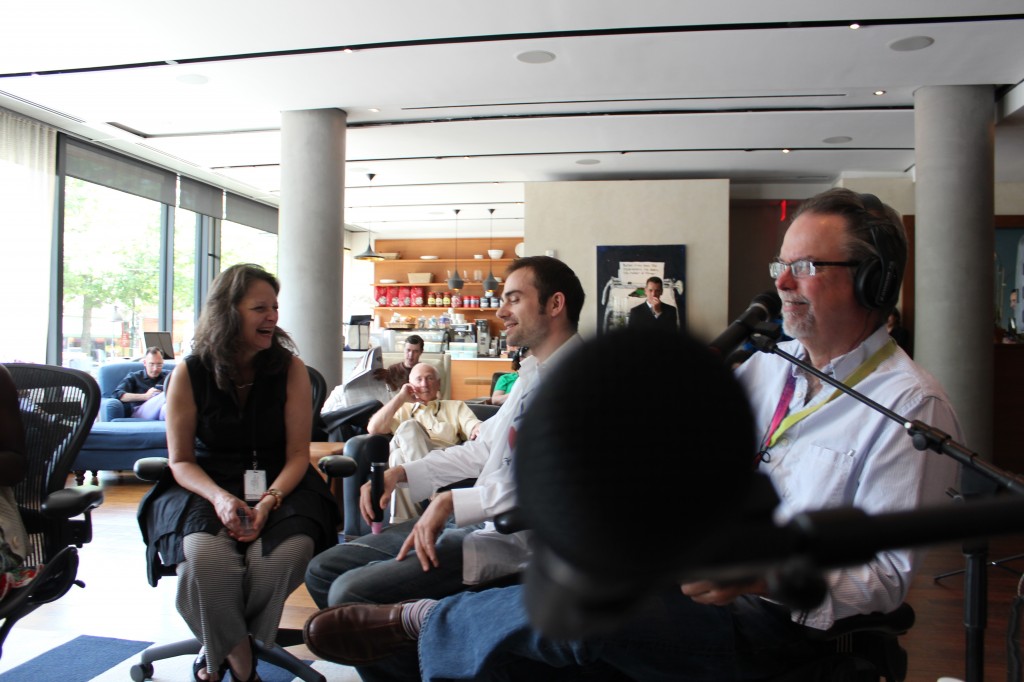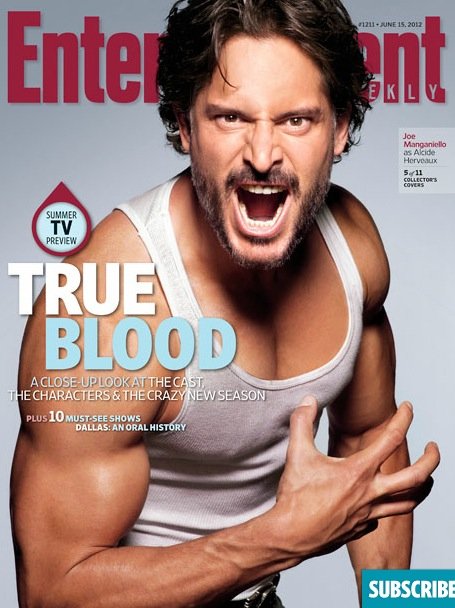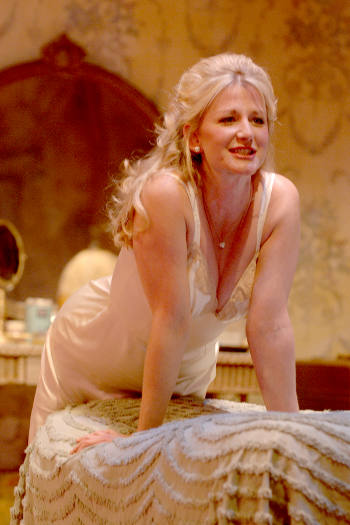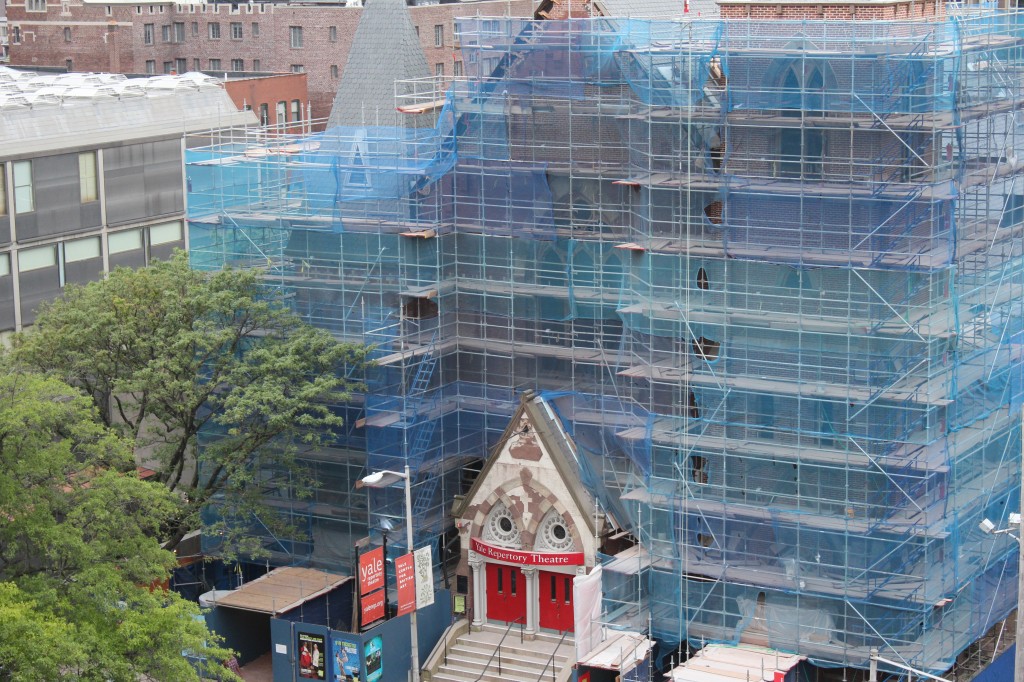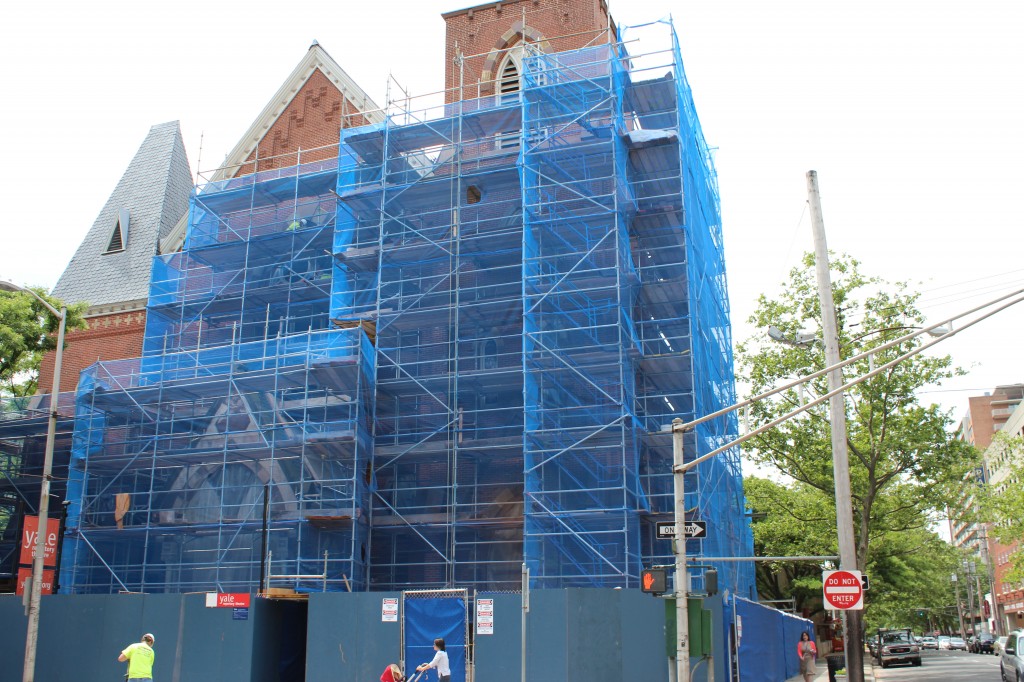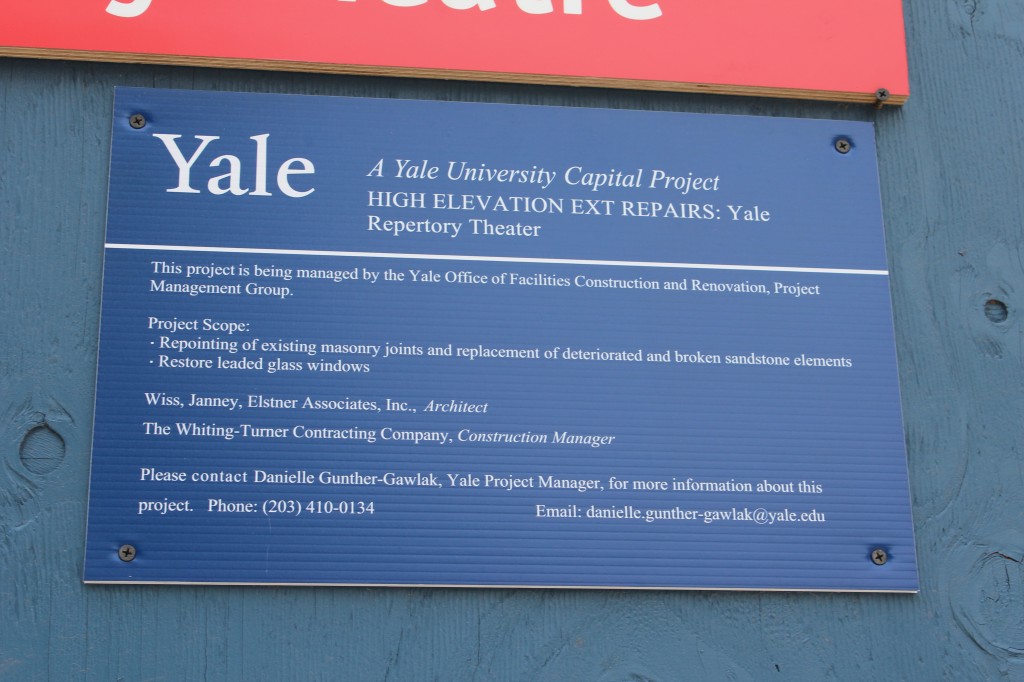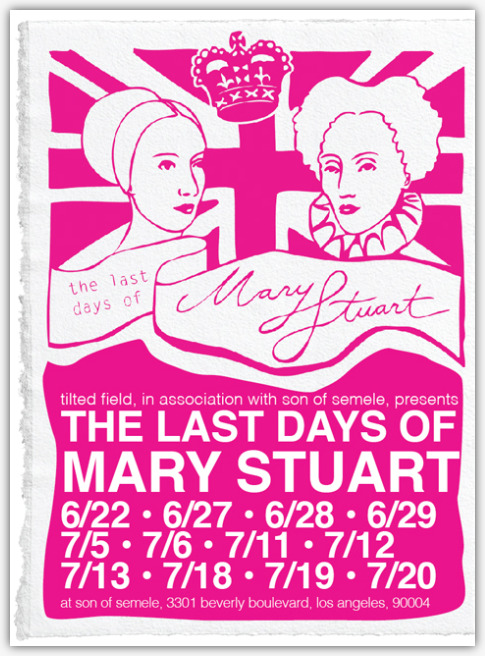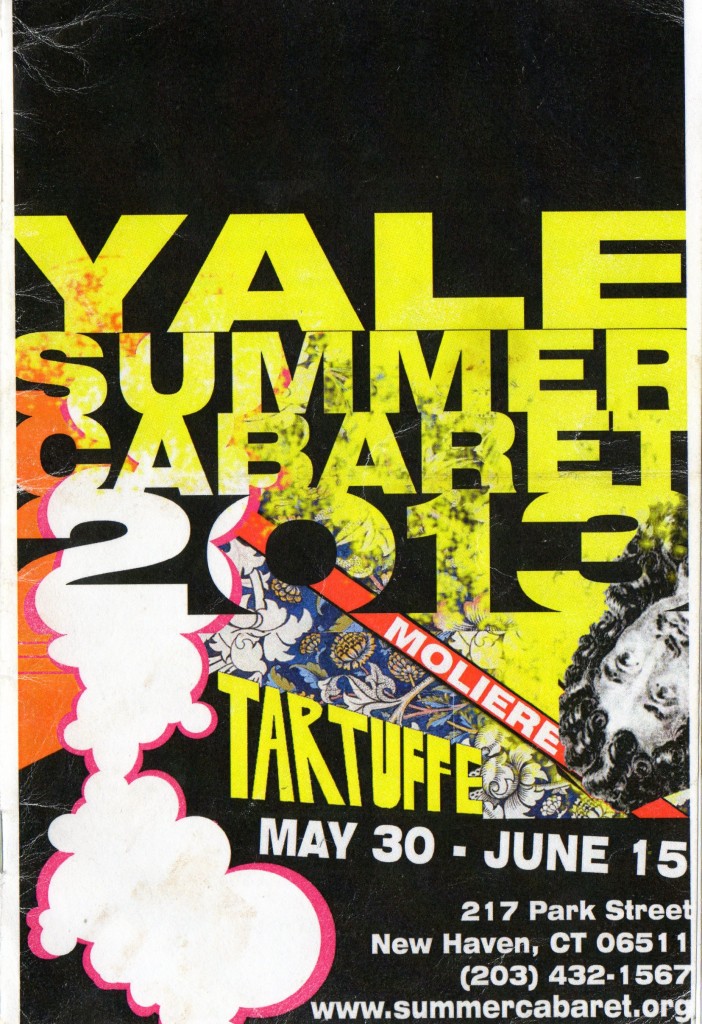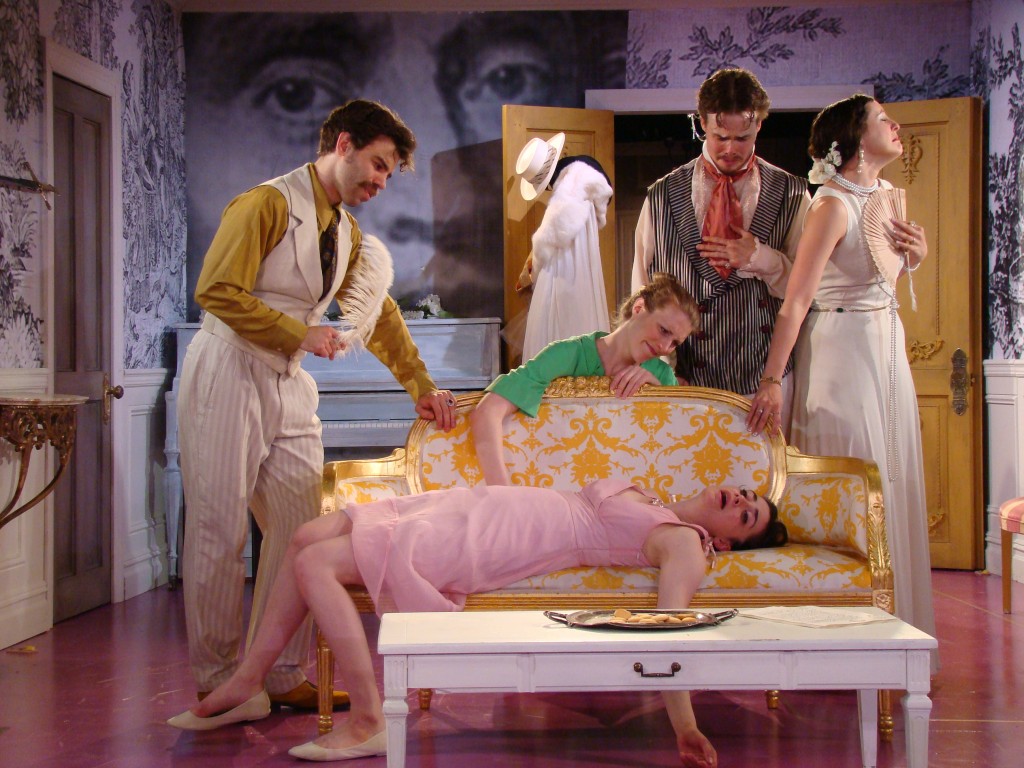The International Festival of Arts & Ideas has manifested itself many ways, including the ways it documents itself while it’s happening. The festival has always offered helpful programs for its theater events. Usually, there’s been one big program which encompasses the whole festival—the way the Shubert in New Haven and other “presentation houses” in the area have had programs which cover several separate shows in one booklet.
These programs provide the usual information—cast, creative team, maybe the running time or a description of the setting of the piece. But when it came to background info on the artists, that stuff has usually been cribbed from standard press releases and bios you could already find online at the artists’ websites.
This year, that changed. Arts & Ideas has devised a program book which actually has fresh, lengthy articles about several of the key shows in the festival. These may well have been previously published, but are of a different complexion than press bios. The program is now less like the Shuberts and more like what dramaturgs put together for shows at the Long Wharf or Yale Rep.
The five-page interview with the creators of Stuck Elevator, in fact, was conducted by the Long Wharf’s former Literary Manager Beatrice Basso. Basso is now Artistic Associate at the American Conservatory Theater in San Francisco, where Stuck Elevator premiered earlier this year. The A&I program article was distilled from a piece that ran in ACT’s study guide Words on Plays.
Other stories in the program concern the Bristol Old Vic/Handspring Puppet Company production of A Midsummer Night’s Dream and the circus theater event Sequence 8. There are lots of short bits explaining various aspects of the festival, from community opportunities, to “what you can do to help” with environmental sustainability and recycling regarding the festival, to the Jean Handley Fund named in honor of one of A&I’s founders.
It seems like such a small thing, the theater program, but for most theatergoers it’s the only tangible souvenir they have of a performance. A more informative program means more lasting memories. Nice job.

